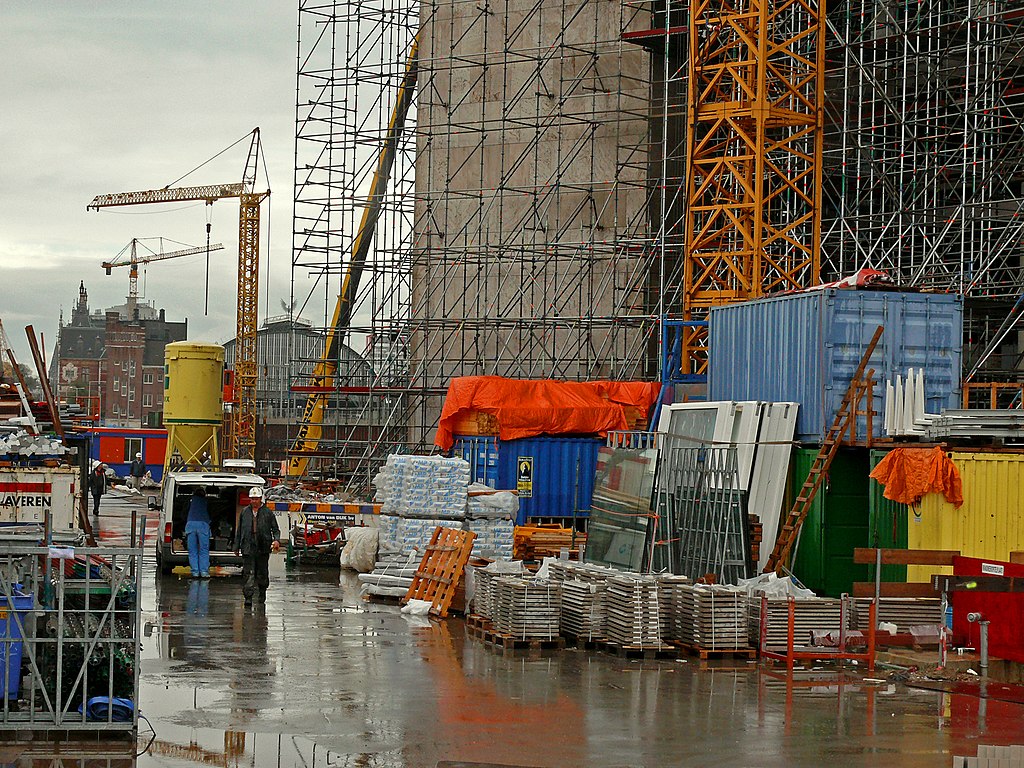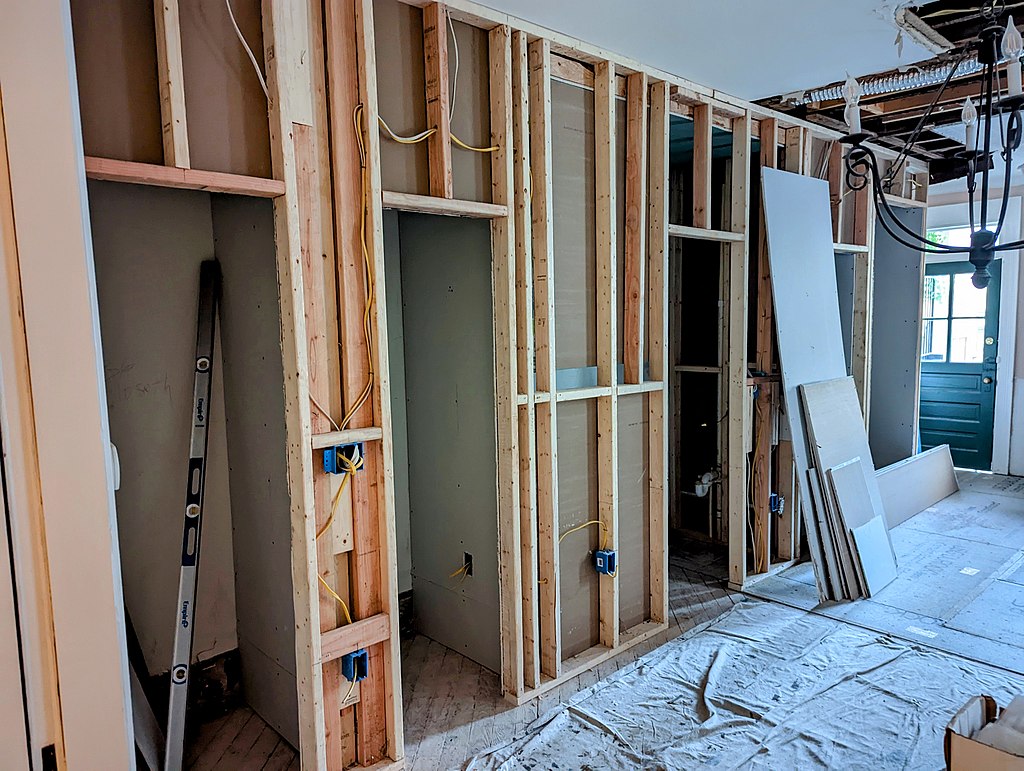Teams of construction professionals manage a massive number of details whether they are building single-family homes or major public infrastructure projects. Numerous people at the executive level may be involved in planning and designing a building project, but the position of construction procurement manager will handle the sourcing and delivery of building materials. On small teams, this position may be filled by the construction project manager, but larger projects typically delegate responsibilities for materials to a construction procurement manager.
Obtain Building Materials Workers Need When They Need Them
The job of procurement manager requires the person in that role to buy all building materials appropriate for the build, deliver them to a job site on schedule, and do so within a budget. This is an enormous task. Building materials include big items like lumber, steel, and concrete as well as small materials like fasteners or pipes and electrical wiring. Before supply shipments start arriving at a warehouse or job site, the manager must engage in extensive planning.
Procurement Management Plan
Before buying building materials, the manager develops a procurement management plan based on the overall requirements for the project. This plan must take into account the budget, timeline, regulations, and the structure of business relationships for the project. For example, some building projects are managed by a single company with a few subcontractors whereas others select subcontractors for every element of the project. These relationships impact the decisions that a procurement manager makes.
Immediate Purchase Of Building Materials Vs. Just-In-Time Purchasing
Another consideration for the procurement manager is when supplies will be purchased. A company could choose to acquire as many building materials as possible at the start of a build. This approach ensures that workers will have what they need right on schedule. It also allows the manager to make purchasing decisions based on current prices.
The choice to buy supplies ahead of time relies on having a place to store them. Storage space comes at a cost that must be factored into the budget. Purchasing materials early also eliminates possible chances to take advantage of price dips in the future should they occur.
Alternatively, just-in-time purchasing reduces the need for storage. Materials arrive at a job site and are consumed in a short amount of time. Two risks are associated with this approach. Supply chain delays can put a building project behind schedule, and prices might be higher when the procurement manager buys them.
Requests For Proposal And Bid Evaluation
Regardless of when a procurement manager chooses to make purchases, a great deal of work goes into choosing who to buy from. The manager will contact suppliers of everything needed for the build. Each supplier receives a request for proposal (RFP) that details the specifications for building materials. Each supplier will then return a bid, and the procurement manager must evaluate the bids against the budget and whether the suppliers can meet all material specifications.
Project Tracking
The project manager will count on the procurement manager to monitor the status of all building materials. The procurement manager must track whether the items are arriving on time and are up to specifications. Any trouble receiving supplies will be communicated to the project manager who may be able to reschedule workers and find ways to keep the project from falling too far behind schedule.
On the other hand, if delays occur outside of building materials management, the project manager must inform the procurement manager. If supplies are coming but work crews are not ready to receive them, then the procurement manager would need to figure out where to store materials or potentially arrange for the shipment to be held by the supplier.
Overall, the construction procurement manager has an integral role to play in any project. The responsibilities boil down to juggling many variables and finding solutions that meet both budgets and deadlines.


